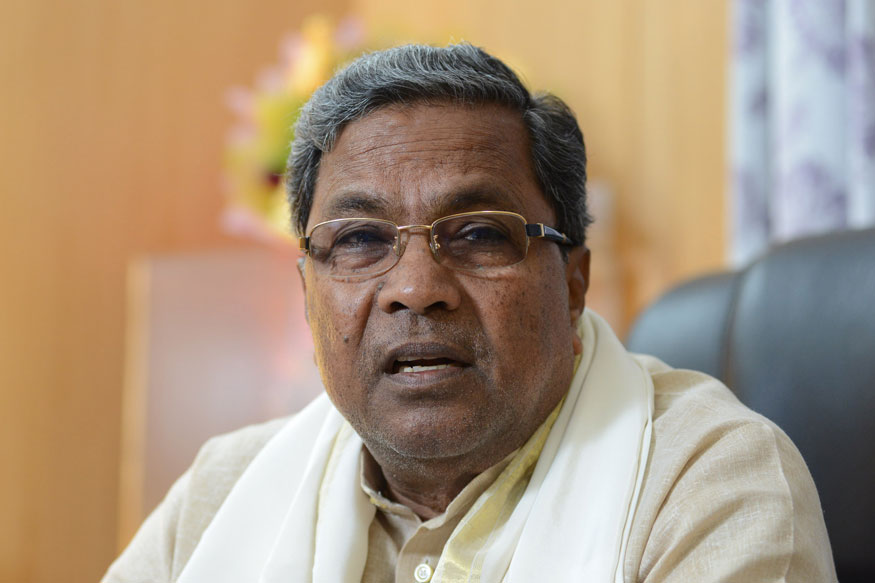On the 16th of March 2018, the chief minister of Karnataka Siddaramaiah, with less than two months to go for the state assembly elections, in an uncharacteristically well-argued Facebook post expounded on (what he claims are) his views on federalism and regional identities. His central claim was: “I don’t think the demands for greater federal autonomy and recognition of regional identity are inconsistent with our nation“.
Given that he had hit all the correct buzzwords, and generally seemed erudite in his submissions, it was only a few hours before his post was shared and re-shared hundreds of times, and then picked by media outlets as well (a link to the Newsminute article is available here).
This is obfuscation at its best though. Primarily because the brand of regional identity politics Mr. Siddaramaiah practices in his state is completely at odds with any conception of, not just Indian identity but also, I suspect, any regional identity. For starters, this is the same person who (and whose ministers) refused to give clear orders to the police when ‘Pro Karnataka groups’ were burning vehicles with non-Karnataka number plates in the wake of the Supreme Court’s decision on the Cauvery water dispute.
Siddaramaiah’s brand of regional identity politics it appears, does not focus on the promotion of the Kannada language as much as it focuses on removing non-Kannada signboards and announcements from public infrastructure like the Namma Metro.
Interestingly, Mr. Siddaramaiah cited the ‘widespread agitation’ as the reason for his action. However, it wasn’t the first time. Back in 2016, the Karnataka government had pleaded before the Supreme Court (unsuccessfully) that it was unable to comply with the Apex Court’s orders because of ‘agitations and turmoil’. Seriously, Mr. chief minister? Yogi Adityanath of the ‘not so developed’ Uttar Pradesh can ensure that not a single notable act of violence is committed in the wake of the Padmaavat protests, but you, leader of one of India’s six (in your own words) ‘most developed’ states cannot control goons burning buses and beating up immigrants on the streets of Bangalore?
Please note, neither am I saying that the grievances of farmers in Karnataka over the water dispute are not legitimate and nor am I saying that the ‘imposition’ of a language (any language) is a good thing. I am simply pointing out that a sitting chief minister first refused to give clear orders to cops, and then claimed that he must bow down to pressure illegally asserted through riots and destruction. I could be mistaken, but is this not the main line of attack the Congress made against a sitting CM with respect to another infamous riot? Or are the standards different depending upon political convenience?
At the same time, while pointing out statistics, Mr. Siddaramaiah also conveniently ignores that in about just a three-year period (i.e. 2014-2017), while his own state’s revenue generation grew by a mere 13%, the amount it received as a share of union taxes grew from around Rs. 14,000crs to Rs. 26,000crs. That is almost two times the original number! Hence clearly, this is less about the economics of centre-state relations, but more a concerted attempt to use nice-sounding rhetoric to sway a few educated and liberal votes close to the election.
In case it’s unclear, let me state say this explicitly. India would not be a tithe of the country it is either today or in the future, without its vast diversity reflected in its kaleidoscope of cultures, religions, and languages. But, for the kind of confidence the chief minister of Karnataka wishes to inspire in his people, he must first demonstrate his bona-fides in ensuring that his state and its truly beautiful capital retains the cosmopolitan flavour it is famous for and continues to embrace all Indians, irrespective of where they come from or which language they speak.
